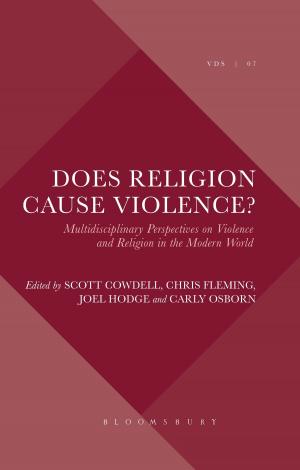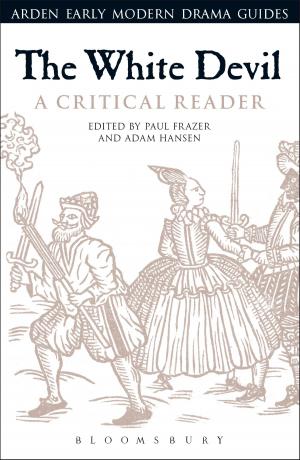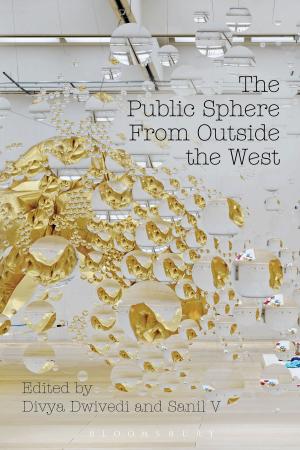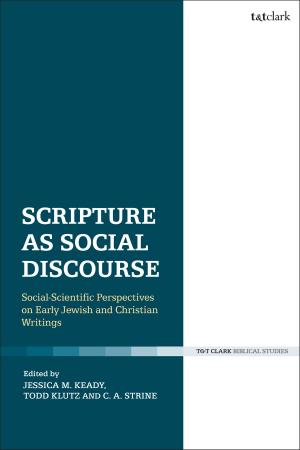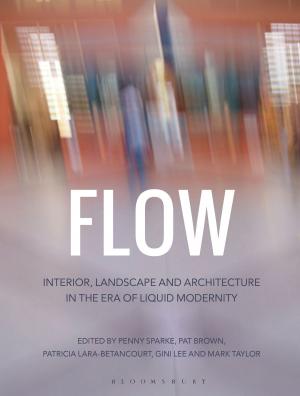The Art of the Sacred
An Introduction to the Aesthetics of Art and Belief
Nonfiction, Art & Architecture, General Art, Art History, Religious| Author: | Graham Howes | ISBN: | 9780857731340 |
| Publisher: | Bloomsbury Publishing | Publication: | November 24, 2006 |
| Imprint: | I.B. Tauris | Language: | English |
| Author: | Graham Howes |
| ISBN: | 9780857731340 |
| Publisher: | Bloomsbury Publishing |
| Publication: | November 24, 2006 |
| Imprint: | I.B. Tauris |
| Language: | English |
The field of 'art and religion' is fast becoming one of the most dynamic areas of religious studies. Uniquely, The Art of the Sacred explores the relationship between religion and the visual arts - and vice versa - within Christianity and other major religious traditions. It identifies and describes the main historical, theological, sociological and aesthetic dimensions of 'religious' art, with particular attention to 'popular' as well as 'high' culture, and within societies of the developing world. It also attempts to locate, and predict, the forms and functions of such art in a changing contemporary context of globalization, modernity, secularism and fundamentalism. The author concentrates on four chief dimensions where religious art and religious belief converge: the iconographic; the didactic; the institutional; and the aesthetic. This clear, well-organised and imaginative treatment of the subject should prove especially attractive to students of religion and visual culture, as well as to artists and art historians.
The field of 'art and religion' is fast becoming one of the most dynamic areas of religious studies. Uniquely, The Art of the Sacred explores the relationship between religion and the visual arts - and vice versa - within Christianity and other major religious traditions. It identifies and describes the main historical, theological, sociological and aesthetic dimensions of 'religious' art, with particular attention to 'popular' as well as 'high' culture, and within societies of the developing world. It also attempts to locate, and predict, the forms and functions of such art in a changing contemporary context of globalization, modernity, secularism and fundamentalism. The author concentrates on four chief dimensions where religious art and religious belief converge: the iconographic; the didactic; the institutional; and the aesthetic. This clear, well-organised and imaginative treatment of the subject should prove especially attractive to students of religion and visual culture, as well as to artists and art historians.

